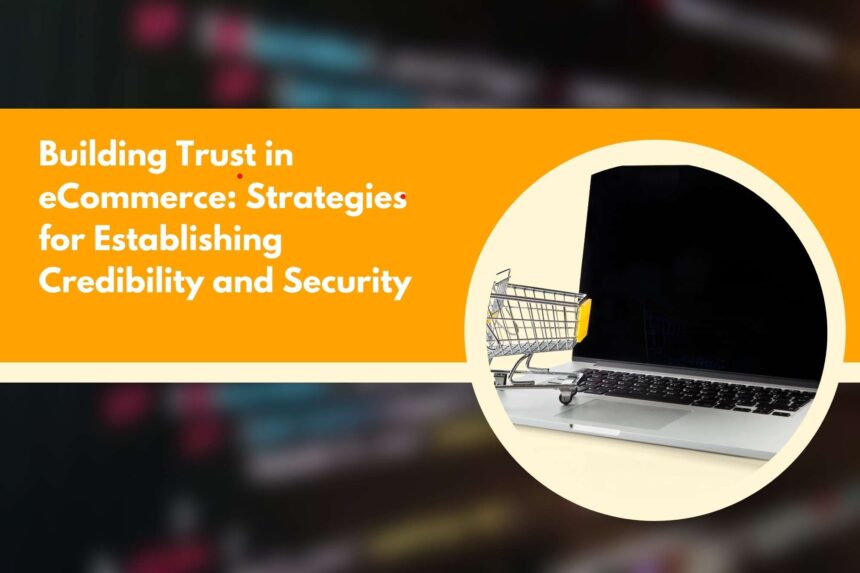In the digital landscape of eCommerce, building trust with customers is crucial for establishing credibility and ensuring the security of their transactions. This blog post explores effective strategies and best practices for building trust in eCommerce, focusing on establishing credibility and enhancing security measures.
Professional Website DesignSecure Website InfrastructureTransparent Privacy PolicyTrust Seals and CertificationsCustomer Reviews and TestimonialsSecure Payment ProcessingTransparent Pricing and PoliciesEfficient Customer SupportSocial Proof and Brand ReputationContinuous Improvement and Customer Feedback
Professional Website Design
- Creating a visually appealing and user-friendly website design.
- Ensuring a consistent brand identity and professional appearance.
- Providing clear and easily accessible contact information.
Secure Website Infrastructure
- Implementing SSL encryption to protect customer data during transmission.
- Regularly updating and patching software to address vulnerabilities.
- Conducting regular security audits and penetration testing.
Transparent Privacy Policy
- Clearly communicating your data privacy practices and policies.
- Explaining how customer information is collected, stored, and used.
- Obtaining explicit consent for data collection and processing.
Trust Seals and Certifications
- Displaying trust seals and certifications to showcase compliance with industry standards.
- Obtaining security certifications such as PCI-DSS for payment processing.
- Partnering with trusted third-party organizations to validate your business practices.
Customer Reviews and Testimonials
- Encouraging customers to provide honest feedback and reviews.
- Displaying customer testimonials to showcase positive experiences.
- Responding promptly and professionally to customer reviews and inquiries.
Secure Payment Processing
- Offering a variety of secure payment options, including trusted third-party payment gateways.
- Displaying secure payment icons and badges to instill confidence.
- Maintaining PCI compliance and adhering to strict security standards.
Transparent Pricing and Policies
- Clearly stating product prices, shipping costs, and any additional fees upfront.
- Providing detailed information about return policies, warranties, and guarantees.
- Offering transparent and fair pricing without hidden charges or surprises.
Efficient Customer Support
- Offering multiple channels for customer support, including phone, email, and live chat.
- Responding promptly to customer inquiries and resolving issues efficiently.
- Providing self-service options and a comprehensive FAQ section.
Social Proof and Brand Reputation
- Building a strong online presence and positive brand reputation through social media and online platforms.
- Leveraging user-generated content and testimonials to showcase satisfied customers.
- Engaging with customers through social media, responding to comments and messages promptly.
Continuous Improvement and Customer Feedback
- Actively seeking customer feedback and suggestions for improvement.
- Using feedback to enhance product offerings, customer experience, and security measures.
- Demonstrating a commitment to customer satisfaction and ongoing improvement.
Building trust in eCommerce is a continuous process that requires a comprehensive approach. By implementing these strategies and best practices for establishing credibility and enhancing security, you can foster trust with your customers, differentiate your business from competitors, and create a secure and reliable shopping experience. Building trust leads to customer loyalty, repeat purchases, and positive word-of-mouth, ultimately contributing to the long-term success of your eCommerce business.







